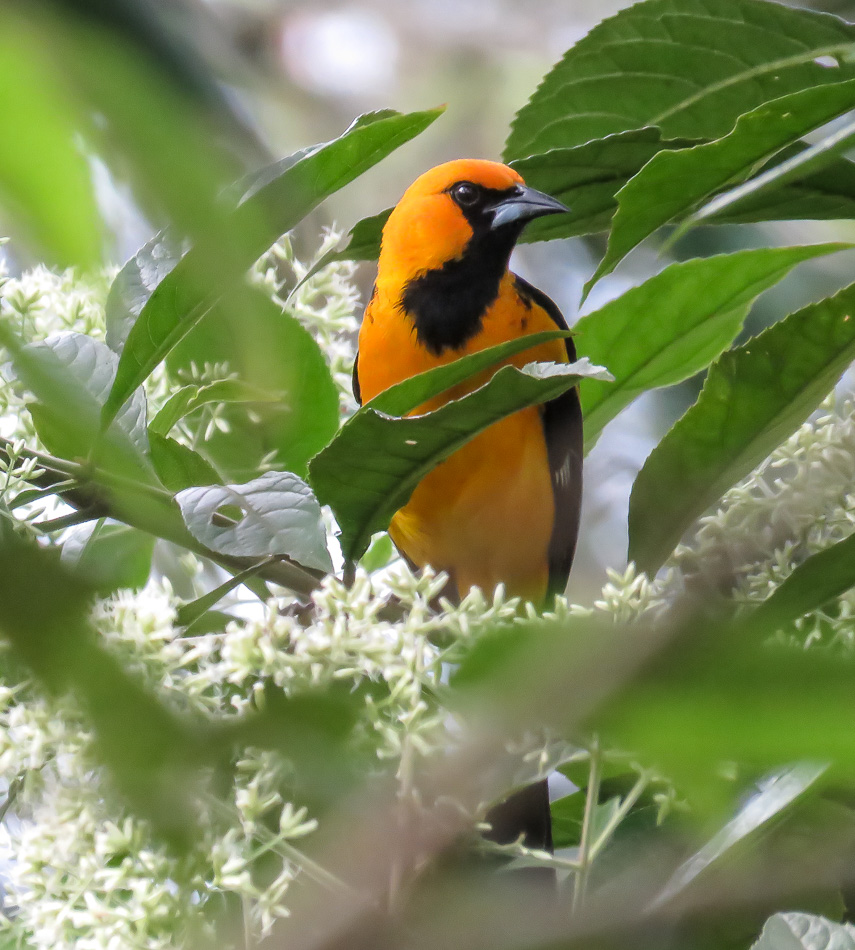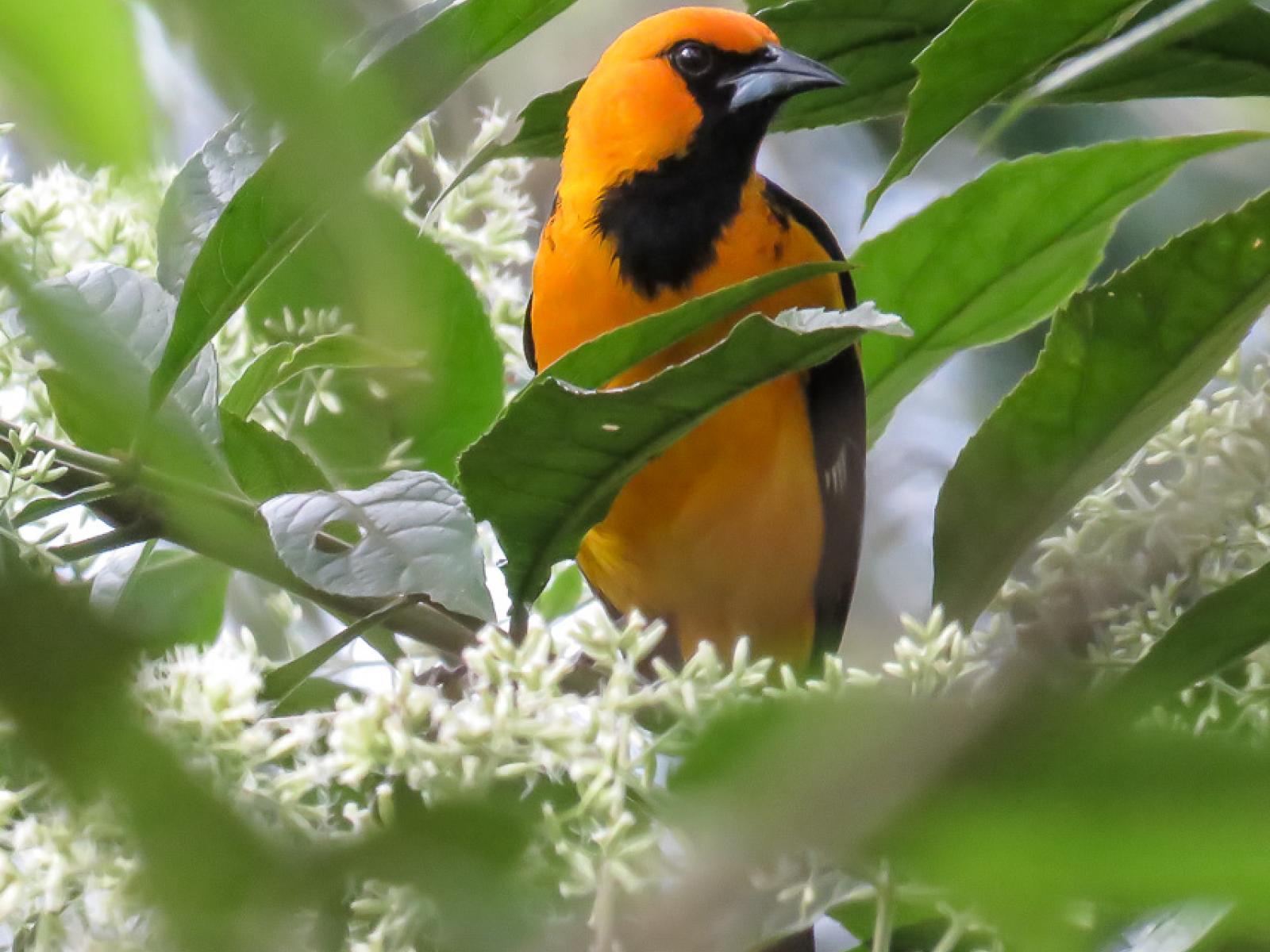An Overview Of Our Solution
- Population Impacted:
- Continent: North America
Organization type
Population impacted
Size of agricultural area
Production quantity
People employed
Describe your solution
Describe your implementation
External connections
What is the environmental or ecological challenge you are targeting with your solution?
Describe the context in which you are operating
The 220 families we work with come from 12 coffee farming communities that also use the traditional corn and bean “milpas” which are often found at the perimeter of the Montecillos Cloud Forest Reserve. Families use local forest fuels for their everyday cooking needs over traditional open fire stoves which have been compared to smoking three packs of cigarettes per day. These stoves also require a significant amount of fuelwood and time to upkeep. Recent ecological and agricultural plagues have put the country in a state of emergency as pine forests and coffee farms struggle to recover, and farmers are unable to continue their usual agricultural and forestry practices.
Meanwhile, the area is home to hundreds of migratory birds and endemic species that are found nowhere else on earth, but are known to benefit from, and benefit coffee agroecosystems via pest control services, and seed dispersal. Although this area is a hotspot for biodiversity, it is incredibly data-deficient.
How did you impact natural resource use and greenhouse gas emissions?
Language(s)
Social/Community
Water
Food Security/Nutrition
Economic/Sustainable Development
Climate
Sustainability
This project has an incredibly high impact for a realistic cost and flexible funding streams. For example, one clean cookstove costs an average of $75 (all materials and training included) and enables a household to breathe cleaner air, and utilize significantly less fuelwood and time for their cooking needs. Funding can come from individual donors, foundations, or even governmental subsidies. Establishing community tree nurseries costs an average of $0.10 per tree (seeds only) with additional material and labor costs (approximately $500/month), which varies by country. Funding here is flexible. Please feel welcome to contact Trees, Water & People about our affordable community nursery designs.
Return on investment
Entrant Image

Entrant Banner Image

